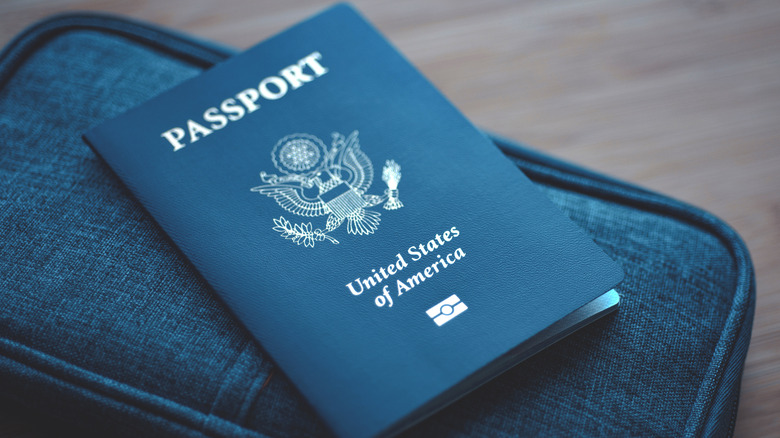Can Transgender Tourists Still Travel With An 'X' Gender Designation In Their Passport?
President Donald Trump has ushered in an era of changing laws and civil rights, many of which affect LGBTQ+ travelers. On January 20, 2025, he issued an executive order, "Defending Women from Gender Ideology Extremism and Restoring Biological Truth to the Federal Government," which defines sex as an "individual's immutable biological classification as either male or female." The order states that gender, too, is biological and exists only on a binary. As such, it mandates that government-issued identifying documents must indicate a person's gender as male or female based on what they were assigned at birth.
Since 2022, trans, non-binary, intersex, and other folks have had the option to mark their gender as "X" on passports. Under Trump's order, those who already have an "X" gender designation can continue to travel with that until their passport expires. However, those who want to apply for an "X" on their passports won't be able to do so under this order, which also prevents folks from updating their gender markers at all, even within the binary choices. This change in federal policy has also put a number of travelers in limbo with their documents, as applications for government-issued identification with an "X" for gender were suspended when the order was signed. Additionally, many have been left with conflicting IDs that no longer match, all of which could affect the security of gender minorities, who may already be concerned with finding safe, LGBTQ-friendly countries to visit. So, what is the fine print for people who already have or who have applied to get an "X" gender designation in their documents?
What does this policy mean for travelers with an 'X' gender passport?
The effect of President Donald Trump's order on travelers depends on the status of their documents. According to the U.S. State Department, those who already have X-gender passports can continue using them until they expire, unless the country they're visiting has limitations on what gender is allowed on the document (including some of the world's most dangerous countries for LGBTQ+ travelers). Travelers with "X" passports can leave and return to the U.S., but it's worth noting that many countries will not accept passports that are within six months of their expiration date. At this time, any U.S. passport application requires the individual to mark the gender that they were assigned at birth, which means that if travelers have other documents that show "X" for gender (or a gender not assigned at birth), they won't match new passports.
Those whose passports were in process when Trump's order went into effect are facing different challenges. Since passport applications with the X-designated gender were suspended, many have faced processing delays that have significantly increased the typical time it takes to get a passport and had their important documents held by the government. Additionally, the State Department's current policy is to non-consensually mark applicants' genders based on what they were assigned at birth, according to birth certificates and other records.
Since there is no longer an "X" option, those who need to renew their passports will have to select their biological sex. This mandatory choice of a biological sex marker to get or renew a U.S. passport has led some to seek legal counsel with organizations like Lambda Legal, which has an extensive list of suggestions on how to deal with these changes when traveling.

